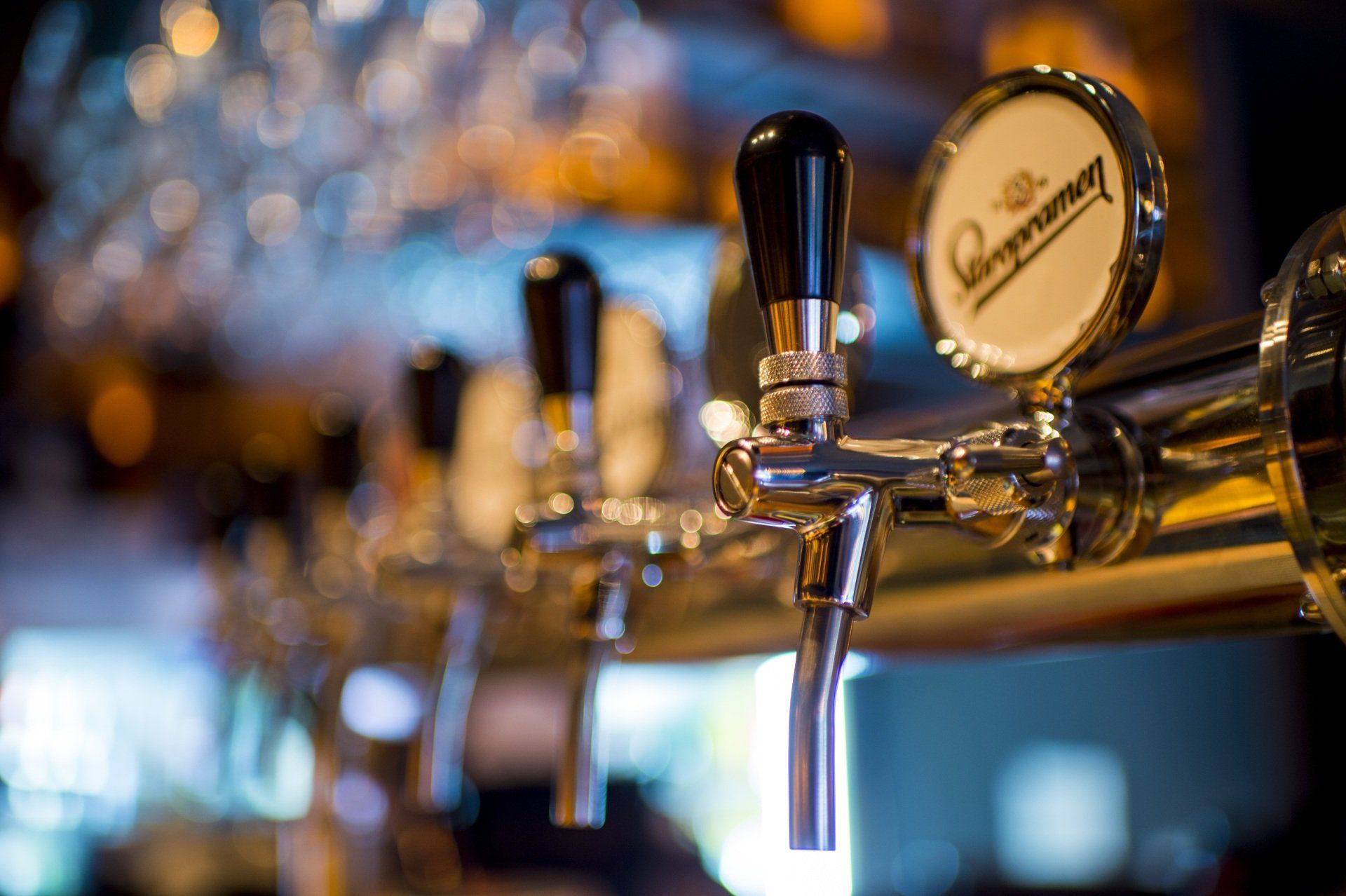Oversized Sodas May Soon Be Banned From Food Establishments
Imagine a world where restaurants and fast food joints can no longer serve oversized sugary drinks and sodas. This might become a reality with the passing of Youth Congress Bill 1-34 in Guam. This legislation aims to limit the serving sizes of sugary drinks to 17 fluid ounces - about the size of a bottle of cola.The bill garnered nine votes in favor, with only two opposed and two excused absences during the Youth Congress session.
Bills passed by the Youth Congress must be introduced at the Guam Legislature before they have the potential to become law following a public hearing and vote. During the passionate debates at the Guam Congress Building, Youth Congress Rep. Nathan Paz, the prime sponsor of the measure, stated, "We as consumers tend to consume items, especially sugary drinks, in the portions that we receive them. Our intention with this bill is to restrict sugary drinks that exceed the 17 fluid ounces limit and thereby decrease the amount of calories consumed by our people. Our ultimate goal is to improve health outcomes by reducing sugar and caloric intake."
This proposal doesn't stop at sodas alone; it extends to other beverages with added sugar like coffee, tea, and more. However, it's important to note that this ban would apply only to drinks sold at dining establishments, excluding grocery or convenience stores. Although 17 fluid ounces might seem reasonable, consider this – a large fountain drink available at a drive-through is often nearly twice that size, or around 30 ounces.
Interestingly, New York City has also attempted to ban big sodas in the past. However, the ban faced a legal battle and was ultimately struck down. In contrast, a law that establishes a limit on drink sizes, as opposed to executive action, would not encounter the same legal obstacles in court.
Guam currently faces the challenge of having the highest rates of adult diabetes in the nation, affecting around 15% of its population. Moreover, heart disease has emerged as the leading cause of death on the island in 2021, emphasizing the critical importance of prioritizing health improvements. Many see the proposed legislation to limit oversized sugary drinks as a step towards promoting healthier habits and combating serious health issues.
However, this measure has faced opposition from doctors, restaurant owners, and even diabetes advocates. They raise valid concerns over whether the ban would truly help to reduce the consumption of sugary beverages. While the bill focuses on limiting the size of sugary drinks, it does not address other factors that contribute to obesity and diabetes, such as a sedentary lifestyle and unhealthy eating habits. Critics argue that education and promoting overall healthy lifestyles would be more effective in addressing the root causes of these health issues.
Despite the controversy surrounding this bill, it has opened up important discussions about public health policies and individual responsibility in maintaining good health. Whether or not this specific measure is ultimately implemented, the issue of promoting healthier habits and reducing chronic diseases remains a pressing concern for Guam and its citizens.






